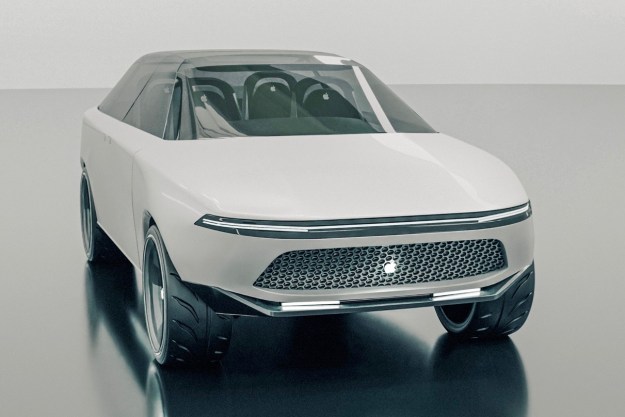
Sheikh Mohammed’s goal, announced without a lot of detail, may actually be possible. In many ways, Dubai could be a perfect early city site for driverless car adoption. Dubai already has many new roads, the oil-rich country isn’t lacking for funds, and the leadership is in charge. The concept of driver-free transportation won’t be new for Dubai citizenry, either, because of familiarity with a driverless rail system that last year had 178 million riders.
In Dubai, highest end luxury and sports cars are common and many of those vehicles now have driverless or driver-assist features, so for those owners the leap won’t be all that great. Sheikh Mohammed, by the way, drives himself around the city in a Mercedes Benz G-Class with license plate No. 1.
“Today, we lay down a clear strategy with specific goals for smart transportation to form one of the key drivers for achieving sustainable economy in the UAE,” said Sheikh Mohammed. He stated that the project, which would be undertaken by Dubai’s Roads and Transport Authority and the Dubai Future Foundation, would lessen accidents and save money.
The plan does not only encompass private passenger cars, but also buses, taxis, and cable cars. While the financials of the plan were not laid out, one safe assumption is that at least some of the savings would come be from the money paid taxi drivers. Six large taxi companies in Dubai employ many drivers from India, Pakistan, Bangladesh, and other Asian countries who would be out of work if taxis are driverless.
The Roads and Transport Authority is already in talks with numerous companies developing driverless vehicles and plans to start testing on Dubai’s roads as soon as possible. As a test bed Dubai has some unique characteristics. In addition to its new roads, some of which are up to 12 lanes wide, the country regularly gets very hot. There is little rain but seasonal, thick fog is often to blame for massive collisions.
With the money and authority to make things happen, there’s no discernible reason that Shiekh Mohammed’s big goal isn’t in reach after all.
Editors' Recommendations
- Waymo robotaxi attacked and set on fire in San Francisco
- Dubai Police to deploy driverless patrol cars with AI smarts
- An autonomous car in San Francisco got stuck in wet concrete
- Waymo’s robotaxis are coming to Uber’s ridesharing app
- Big driverless buses are now serving passengers in Scotland




